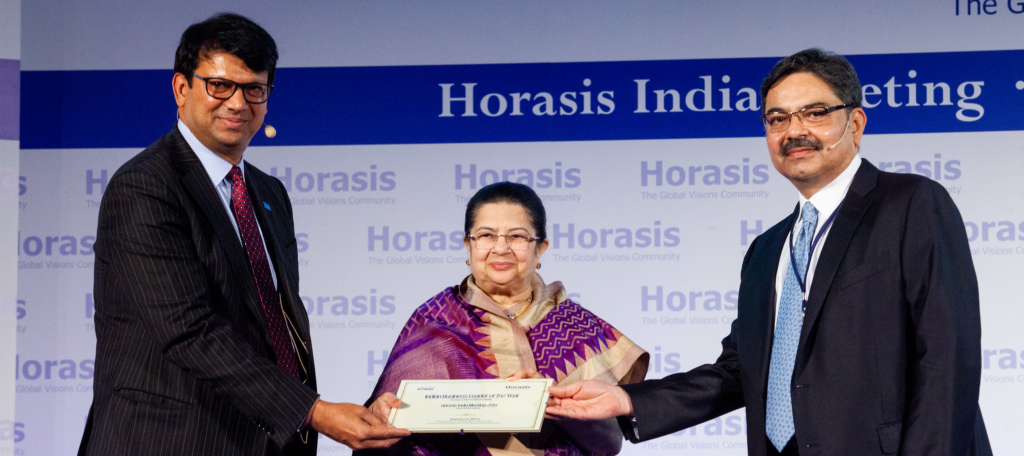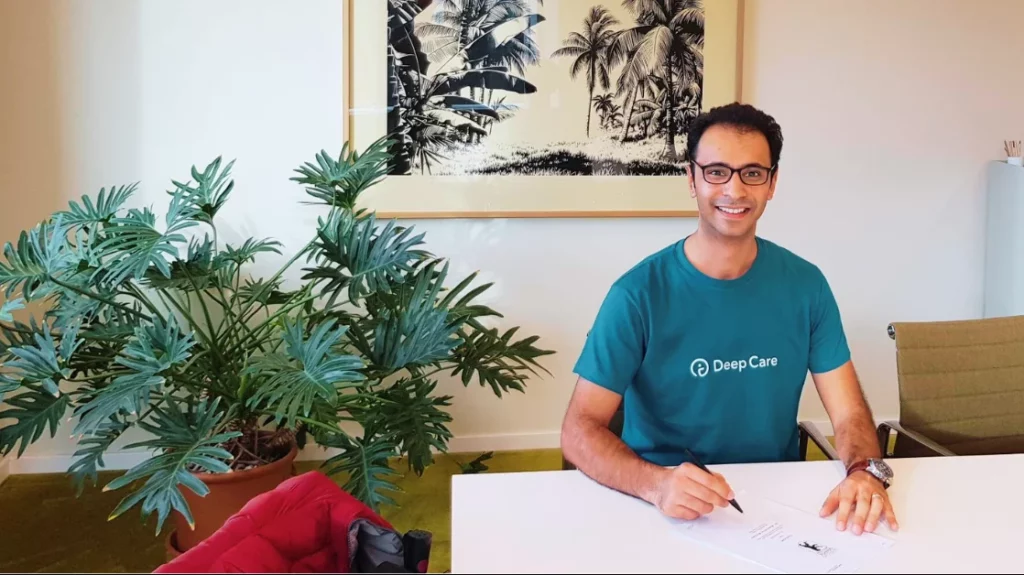Harassmap is a non-profit organisation that is hoping to eradicate sexual harassment from Egypt by changing how society perceives the issue.
The company, founded by four women in 2010, created a map where people can anonymously record incidents of sexual harassment, giving a precise location and a description of what happened. This can be anything from ogling, cat-calling or rape.
These individual reports show an overview of the enormous scale and reality of the situation in Egypt. Red dots scatter the map of the country, with over a thousand cases reported in Cairo alone.
Egypt just passed a law criminalising sexual harassment in 2014, and previous to this there were no laws defining what the crime consisted of. Therefore, the first challenge for the group was to establish people’s belief that sexual harassment is a crime. Then, they hope that people will act on this by helping those on the street who are being harassed, making it harder for people to commit these actions without experiencing consequences from people on the street.
Egypt has an extremely male-dominant society and sexual harassment is very normalised by society. A 2013 UN report revealed that 99.3% of all Egyptian women had suffered some kind of persecution, and very few had ever reported it. Feminist magazine Ms spoke to Aliaa Soliman, the communications manager for Harassmap, who explained how Egyptian culture stops women from denouncing harassers.
“Women are afraid of being blamed for the assault,” she said. “Our culture creates so many excuses for the harasser. People will ask the woman ‘why are you wearing these tight jeans?’ or ‘Why are you out in the first place?’ These are the kinds of comments that women hear all the time when they get sexually harassed.”
Even though the law criminalising sexual harassment came into effect in 2014, which the BBC reported as having possible sentences of six months to five years, it is still controversial. Judges can easily choose between sentencing someone to prison or just giving them a fine, and the longer sentences are only for when a man has power over the woman, and not for sexual assaults carried out by mobs. Also, added Soliman, a law doesn’t change society’s convictions at the drop of a hat.
“Punishing the harasser is always a good thing of course,” Soliman said. “However, the fact that sexual harassment is culturally not recognized as a crime needs more awareness. People need to be more aware about why the law is in place, and why sexual harassment is being criminalized. If people are not convinced with the law or don’t understand why sexual harassment is wrong, then the law will not be very effective.”
A report carried out by Promundo and UN Women called Understanding Masculinities gives a fascinating insight on how and why men behave the way they do. Male and female roles are heavily enforced in both urban and rural environments, and violence is also normalised, both towards children and within the parental relationship. In Egypt, over 70% of men and women said that women should tolerate violence to keep the family together.
In terms of sexual harassment, the ‘vast majority’ said they did it for fun, and 66 to 75% said it was because the women ‘dressed provocatively.’ An article in Egyptian Streets reported that 43% of men still believed that women liked sexual harassment. The survey also showed that the demographics most likely to carry out sexual harassment were young men, men with more education, and men who experience violence as children.
During the popular uprisings in January 2011, many women became victims of a series of mob sexual assaults during the protests in Tahir square. This, along with the #MeToo movement, provoked a turning point for Egyptian women, who refused to quietly acquiesce anymore.
Soliman told Egyptian Streets that women and girls should inform themselves on what forms of sexual harassment they are subject to, and what legal action they can take against the perpetrators of these crimes.
The Middle-East is a region notorious for its limiting laws on women and its male-dominant society. The HarassMap website showcases initiatives that are also fighting sexual harassment across the globe, with many coming from India, Lebanon, Yemen, Algeria and Palestine.
HarassMap is highlighting the fact that bringing in laws against harassment is not enough, as if the people on the street stand by and don’t report cases of assault, then the harassers can act with impunity. Only by changing the culture and the social outlook on the crimes can a country really make a difference.










